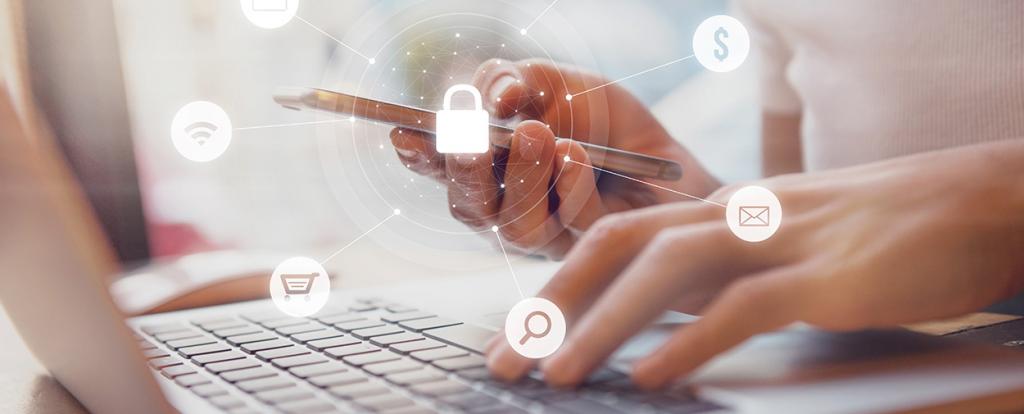
For any company with travelling employees, duty of care comes first – with a focus on protecting travellers’ safety and security in both air and ground travel. But how many companies and travellers make cybersecurity part of this focus? As revealed in the 2019 IBM X-Force Threat Intelligence Index, the transportation industry is now the second most vulnerable to cyberattacks, putting travellers’ personal and financial information at greater risk than ever before. Studies have also showed that small to medium businesses are at no less risk than the larger corporates.
The good news is, there are simple strategies to help minimise this risk.
Through our own travel experiences and cybersecurity learnings, the Corporate Traveller team has compiled the following tips to help companies and travellers keep their data, systems and hardware safe from attack. These tips apply well before the journey begins and should be embedded within every company’s travel education program. Our team can help companies ensure their travel practices and culture are minimising cybersecurity and other risks as far as possible.
Our top tips include the following.
Pre-trip planning
- Take less, not more – minimise the number of devices and sensitive (e.g. financial) information you plan to carry on a business trip. One company phone and one company laptop or tablet is all travellers should need.
- Go portable for charging – pack portable or plug-in wall chargers and never use public USB charging stations such as those found at airports, on planes and trains, in conference centres and hotel lobbies, which make devices extremely vulnerable to data transfer and malware installation once connected
- Update and secure all devices – ensure all devices are protected with strong passwords or use a biometric lock, and have up-to-date operating systems and software including any recent security patches. Companies should also provide travellers with password management software that encrypts data for safe storage of passwords and other information, so passwords never need to be written on paper.
- Backup everything – before any trip, take the time to backup all critical data.
- Cancel the auto connections – switch off any mobile phone automatic connections to available WiFi networks, as these can be more easily accessed by hackers.
Throughout the journey
- Protect all devices fiercely – never lose sight of devices or hand them over to anyone else while travelling. Phones should be tucked into interior pockets if possible, and laptops or tablets either carried or secured in a hotel safe.
- Never use public WiFi – it may be free and convenient but public WiFi at airports, hotels, shopping malls, restaurants and cafes is a virtual free-for-all as far as hackers are concerned. For WiFi access, tether to your mobile phone or use a Virtual Private Network (VPN) if you have no option but to connect to a public WiFi network.
- Turn off Bluetooth – Bluetooth can give hackers a direct link to your personal information, so disable this function in your devices when at airports, train stations and other busy public places. Likewise, don’t connect your device to rental car Bluetooth, as you may be handing over your contacts and other private information even after you’ve returned the vehicle.
- Only use credit cards – this is particularly important for point-of-sale transactions, which are known to be quite insecure. If hackers access your debit card details, they may also be able to tap into your bank account.
- Stay off social media – save your virtual check-in’s and social media posts until the end of day when you are back in your hotel room or have returned from your trip. This will help minimise the risk of theft by criminals who use social media to track traveller movements.
- Conceal your device screens – particularly in crowded public places including airports, on flights and trains, and at busy transit stations, where criminals can easily look over the shoulder of travellers while they are viewing personal information or typing in passwords. Always keep your device screens out of view of others.
The Corporate Traveller team can provide you with further advice on these and other strategies to help reduce the risk of cyberattacks and keep company data and traveller information secure on all business trips.